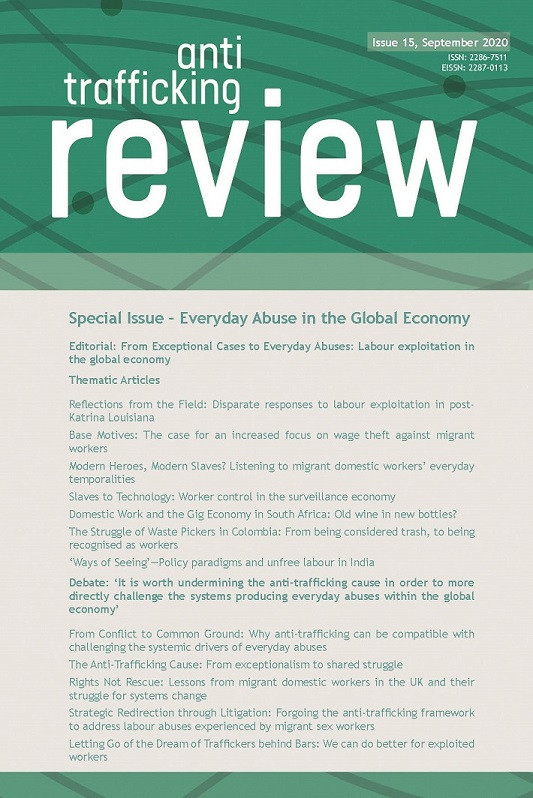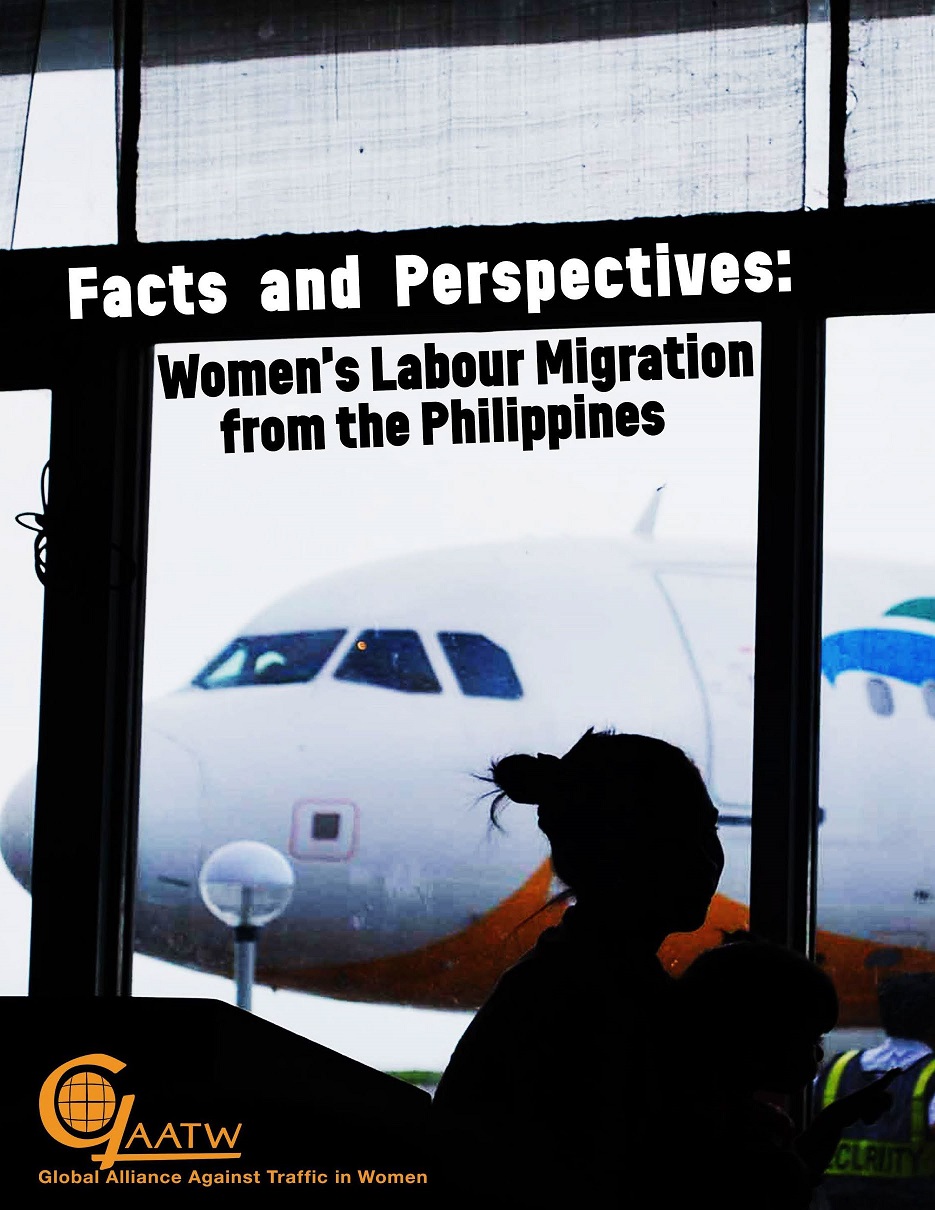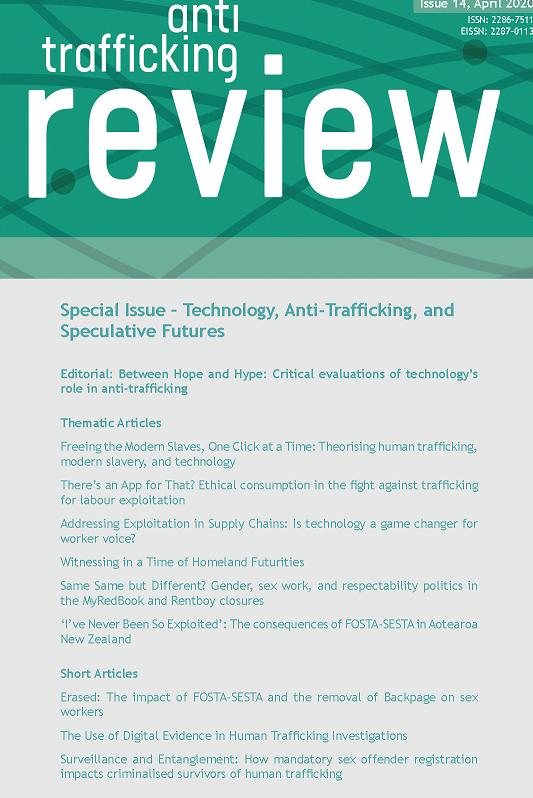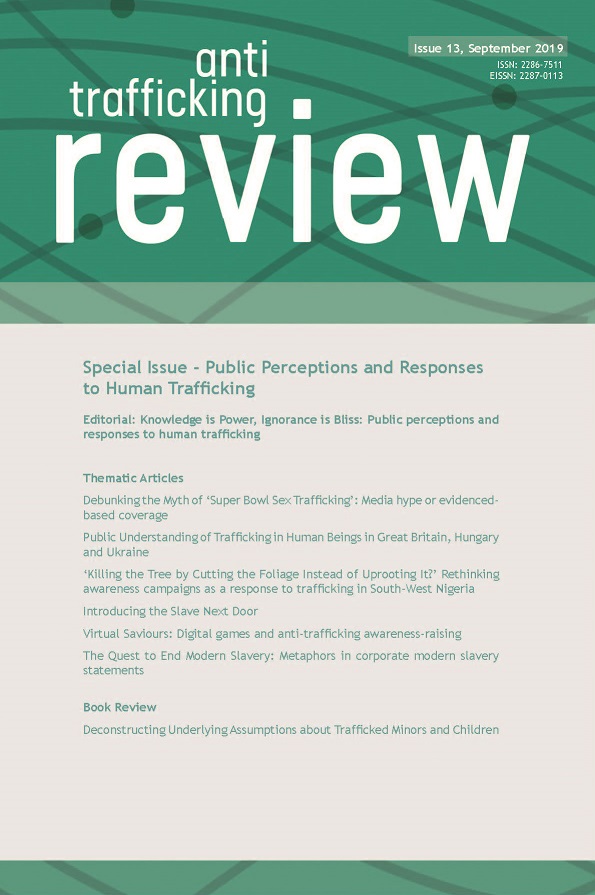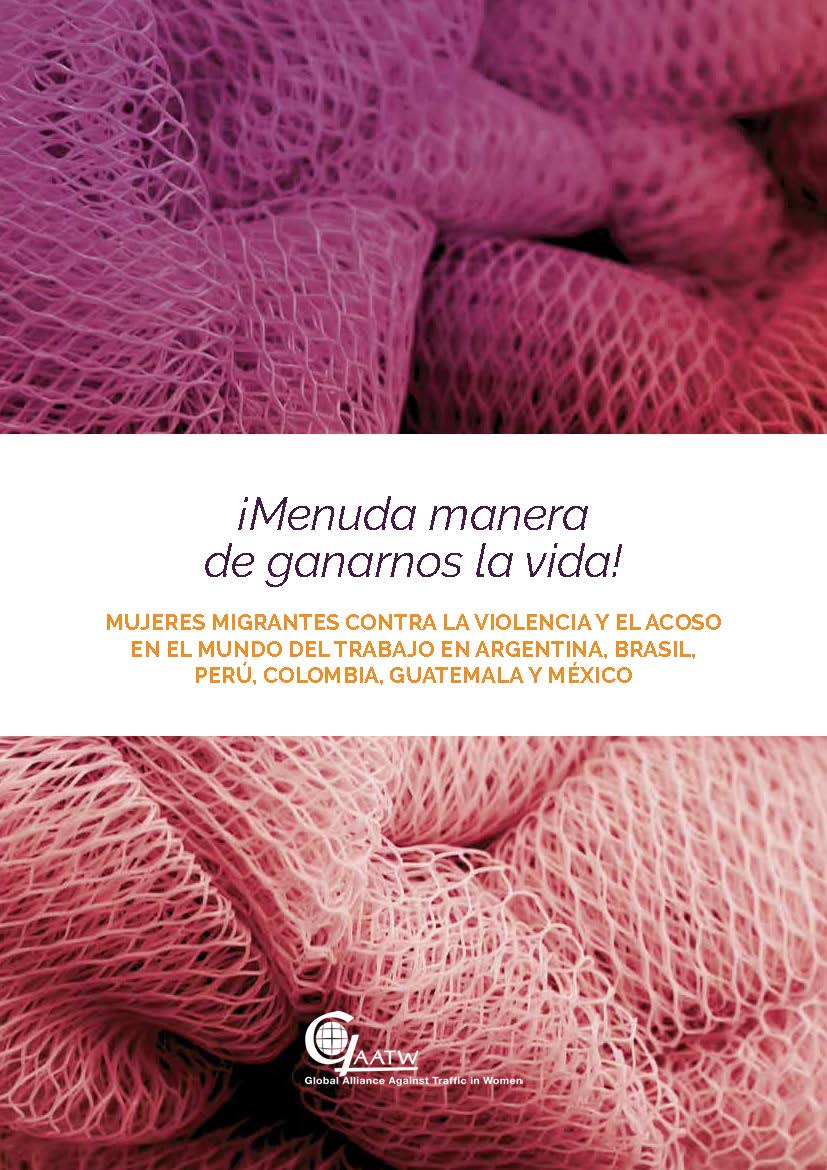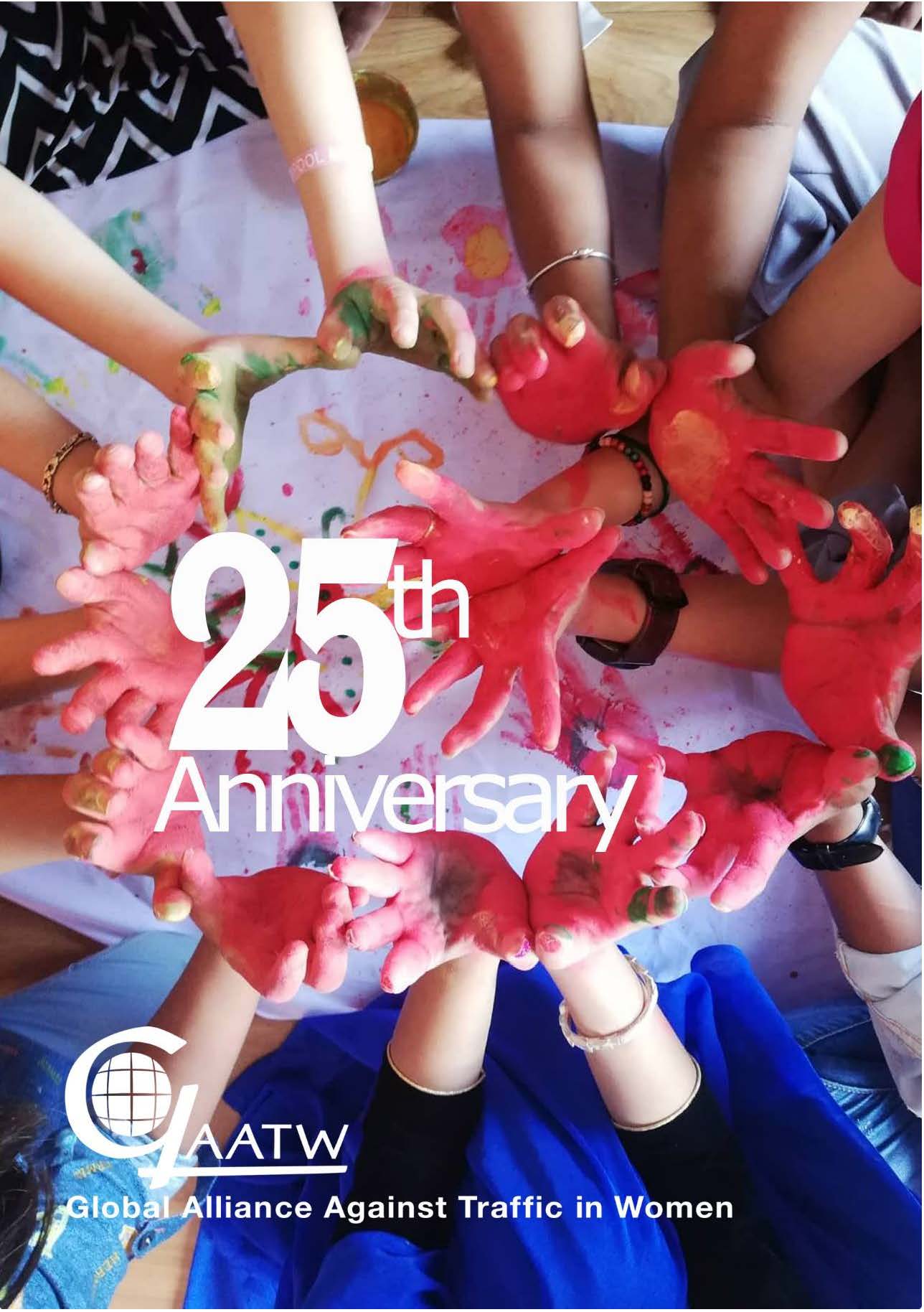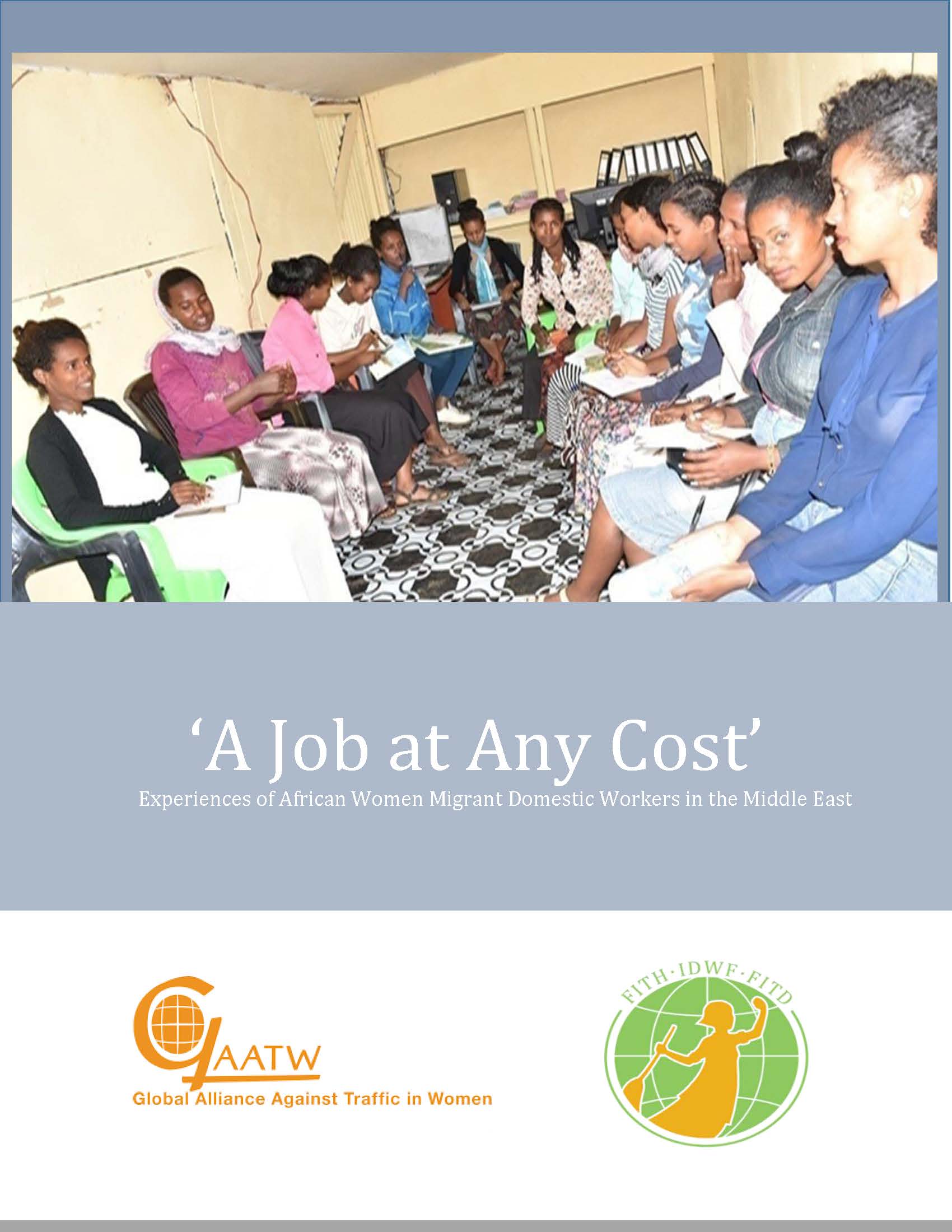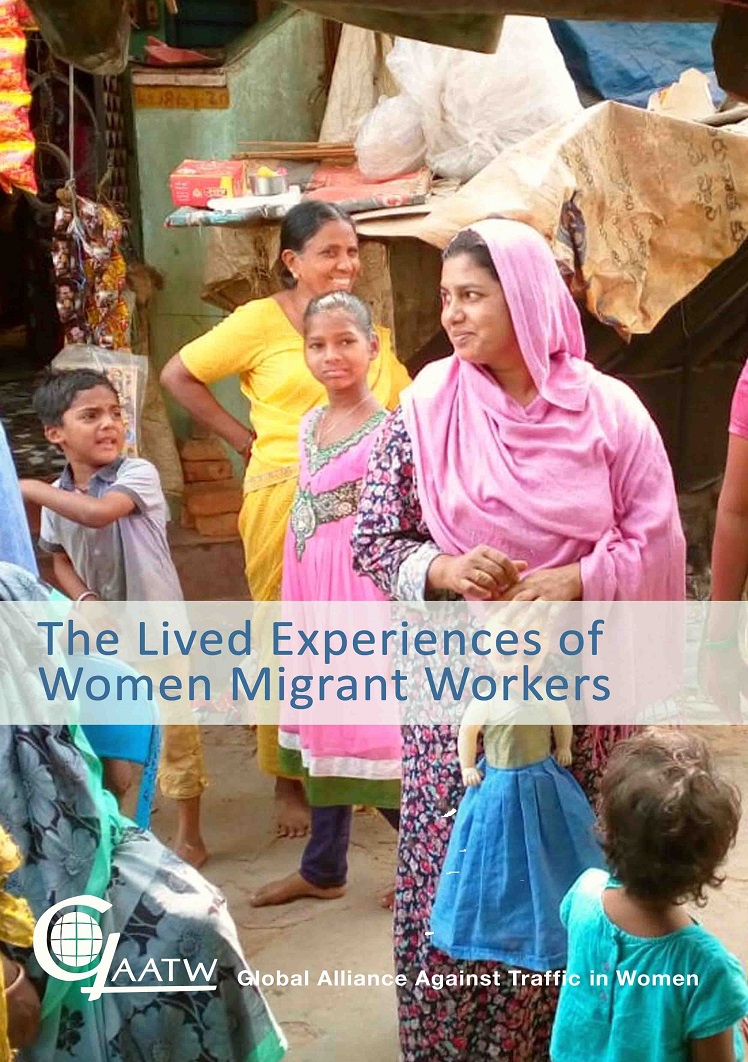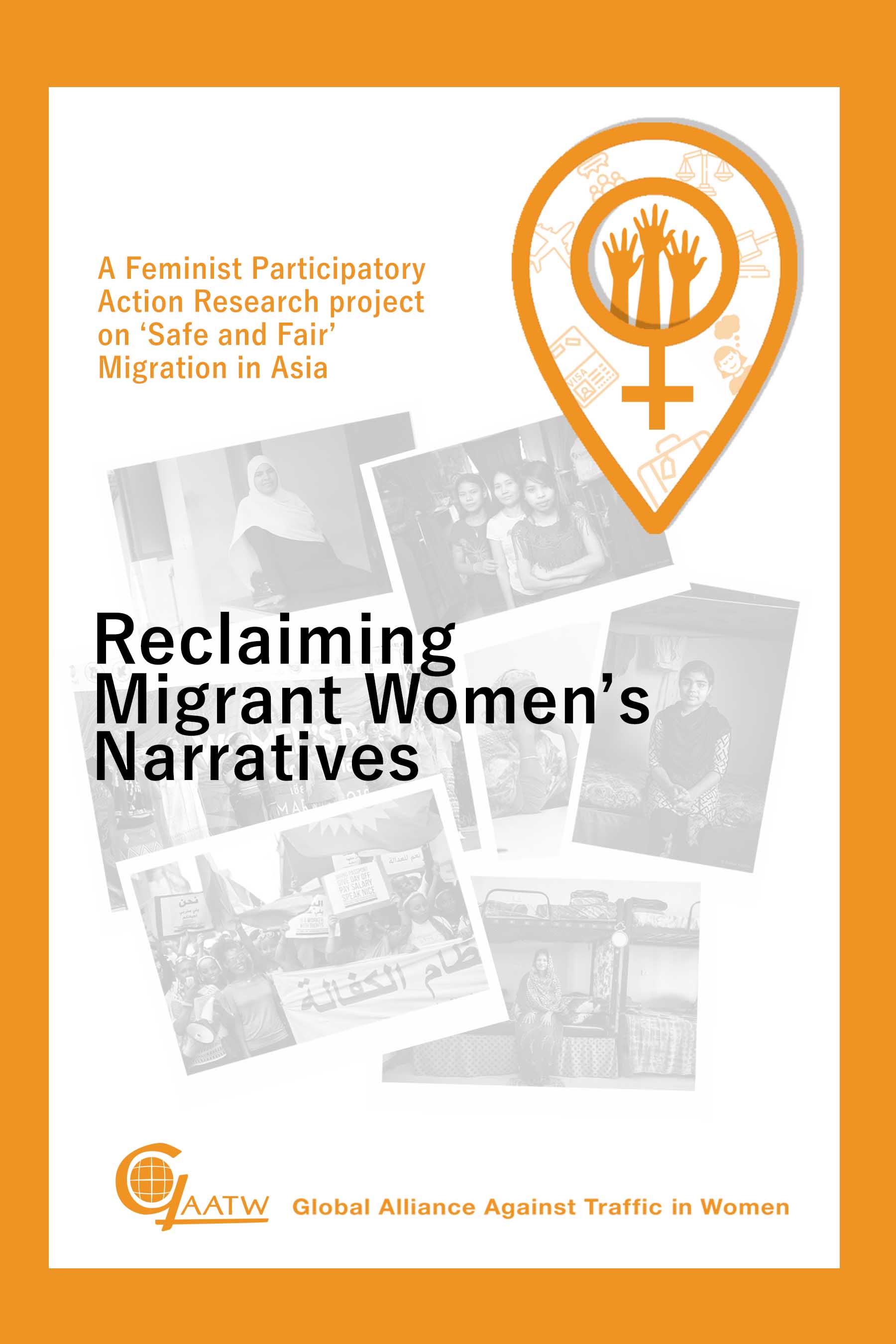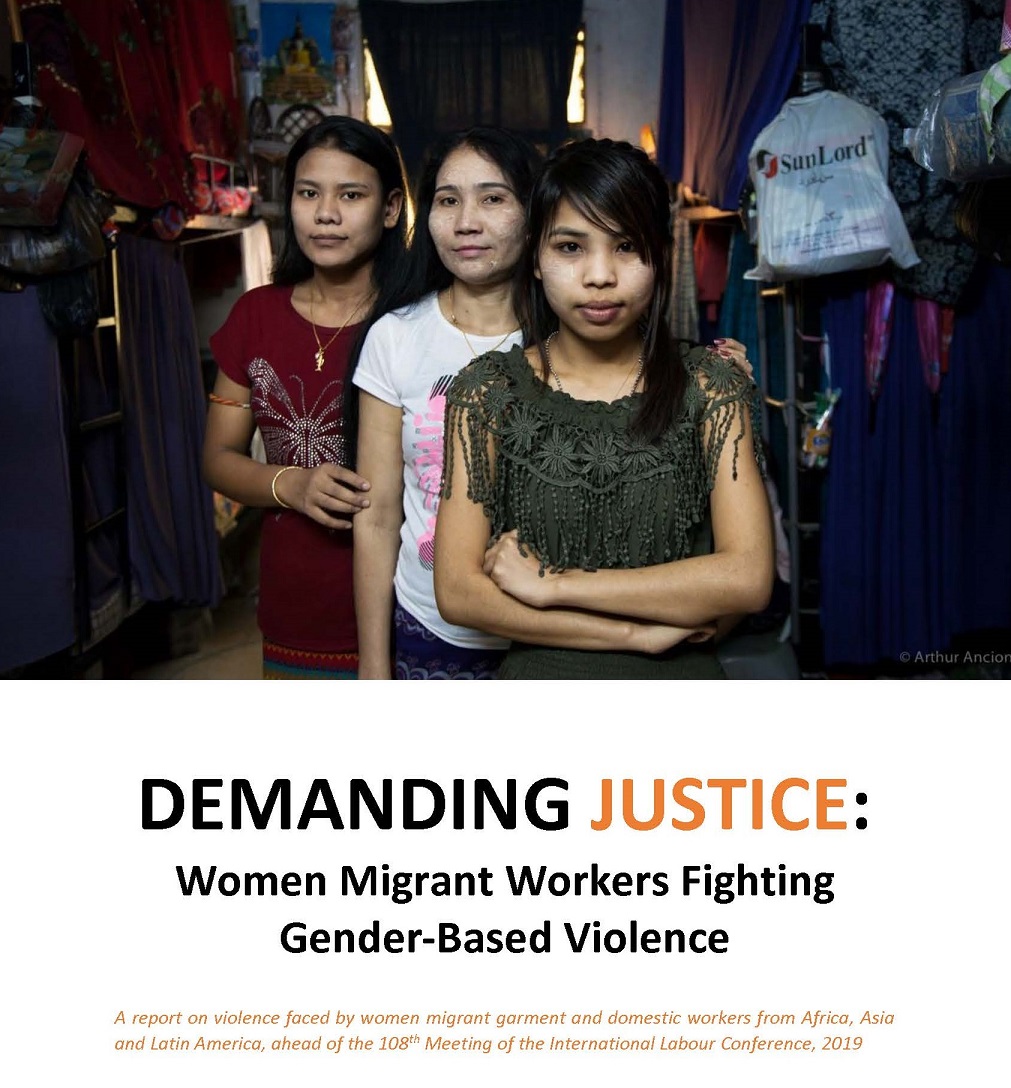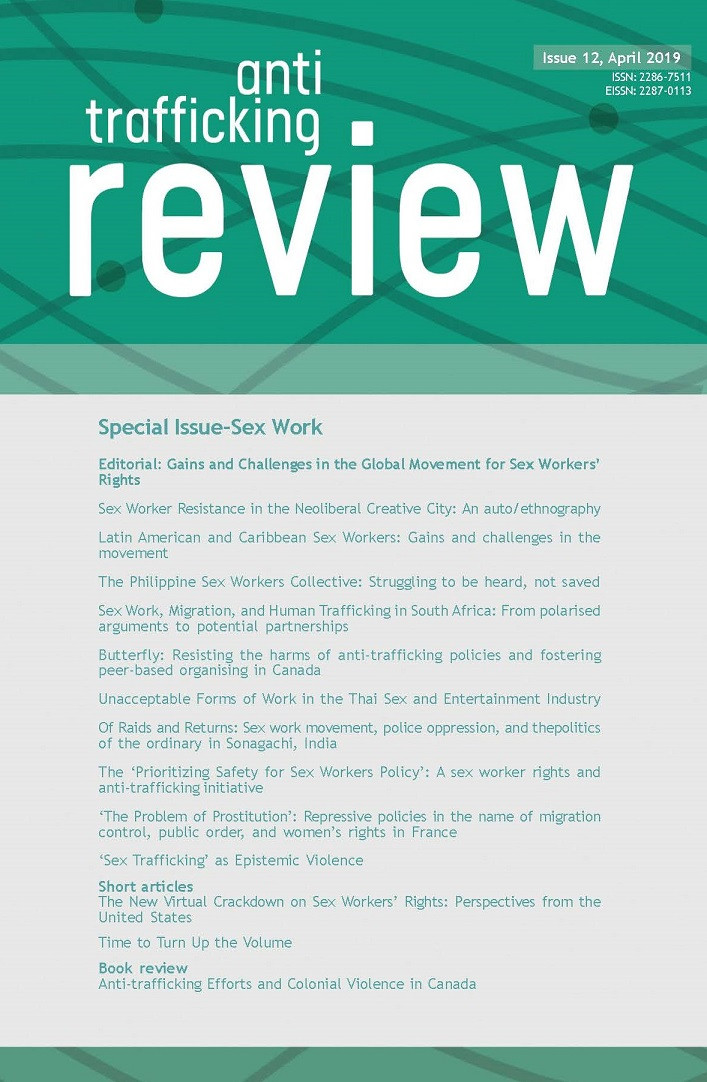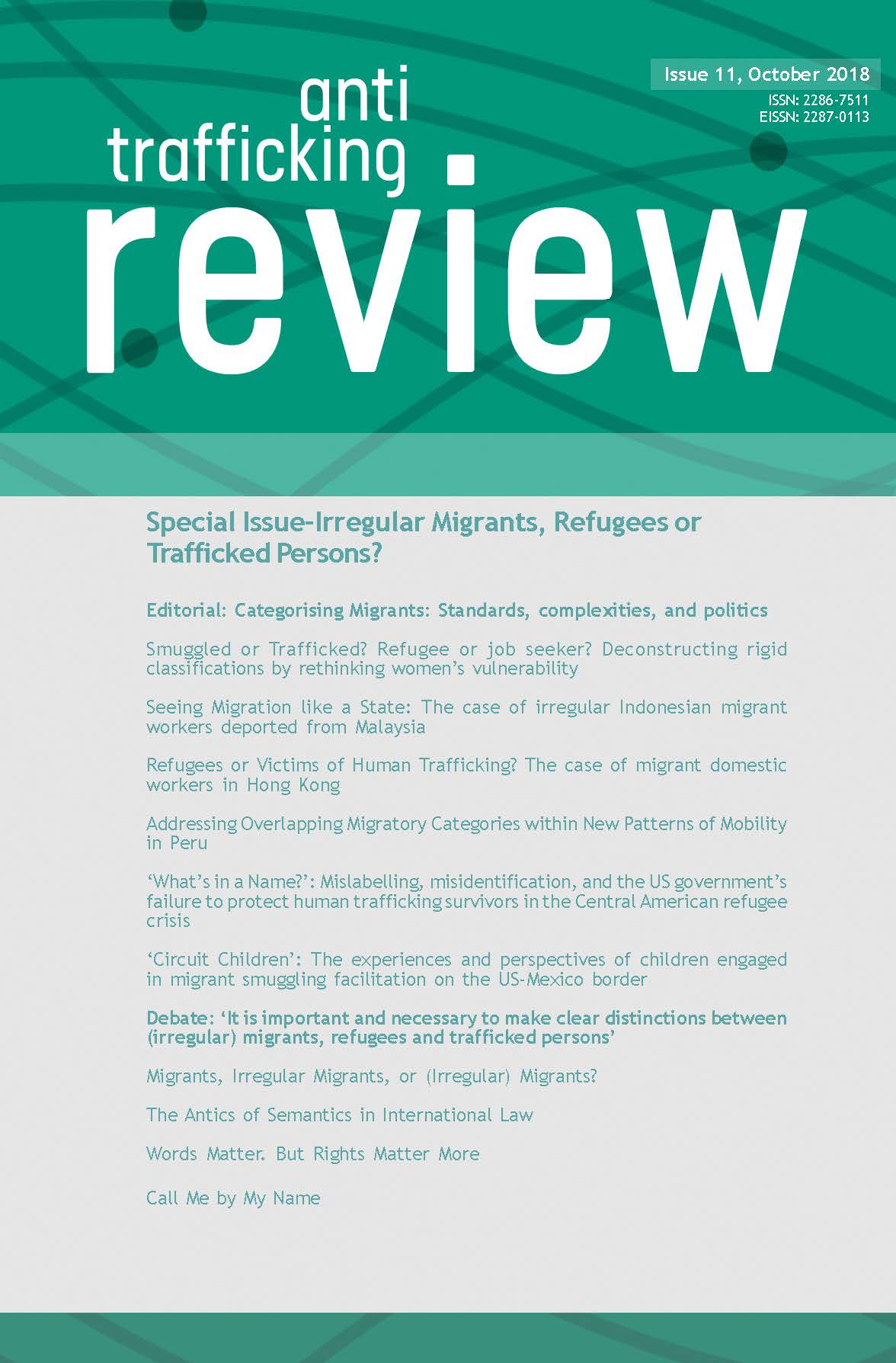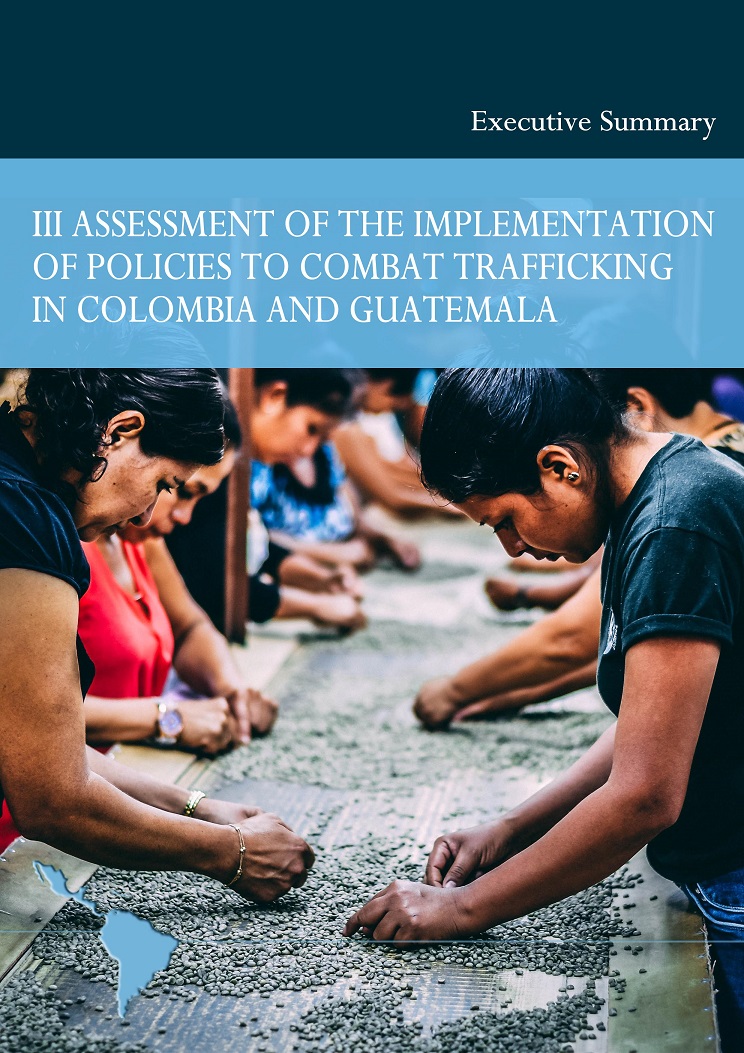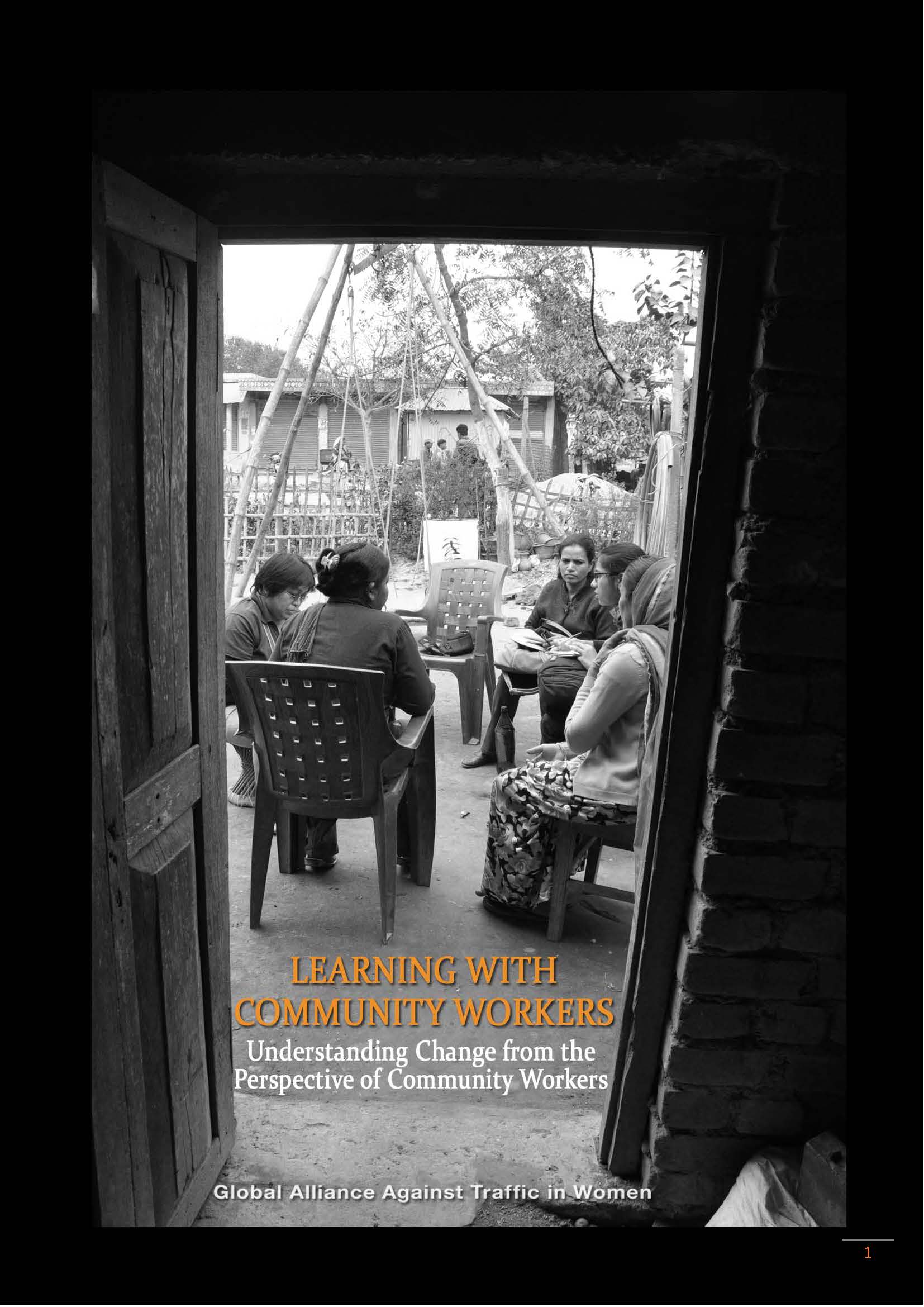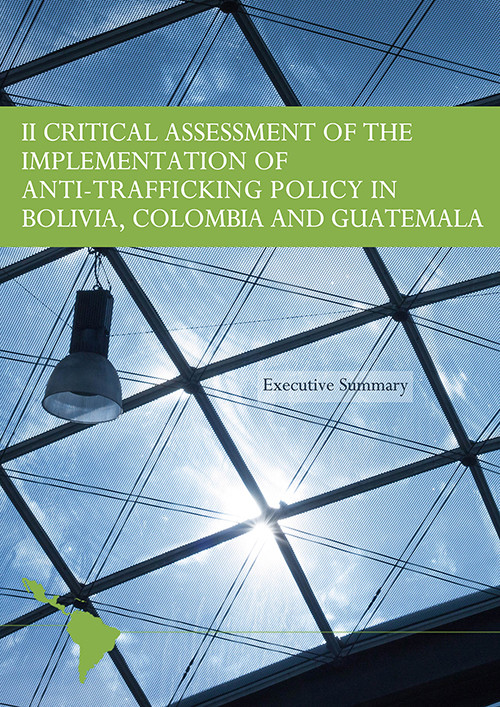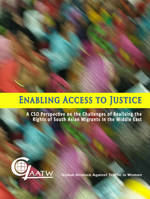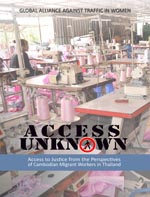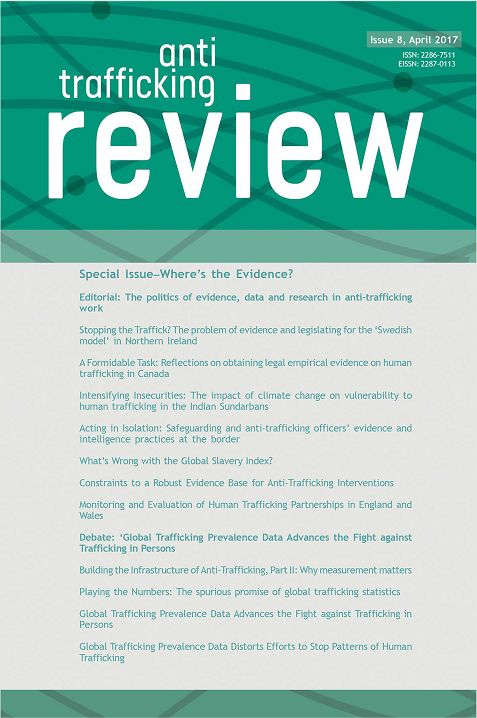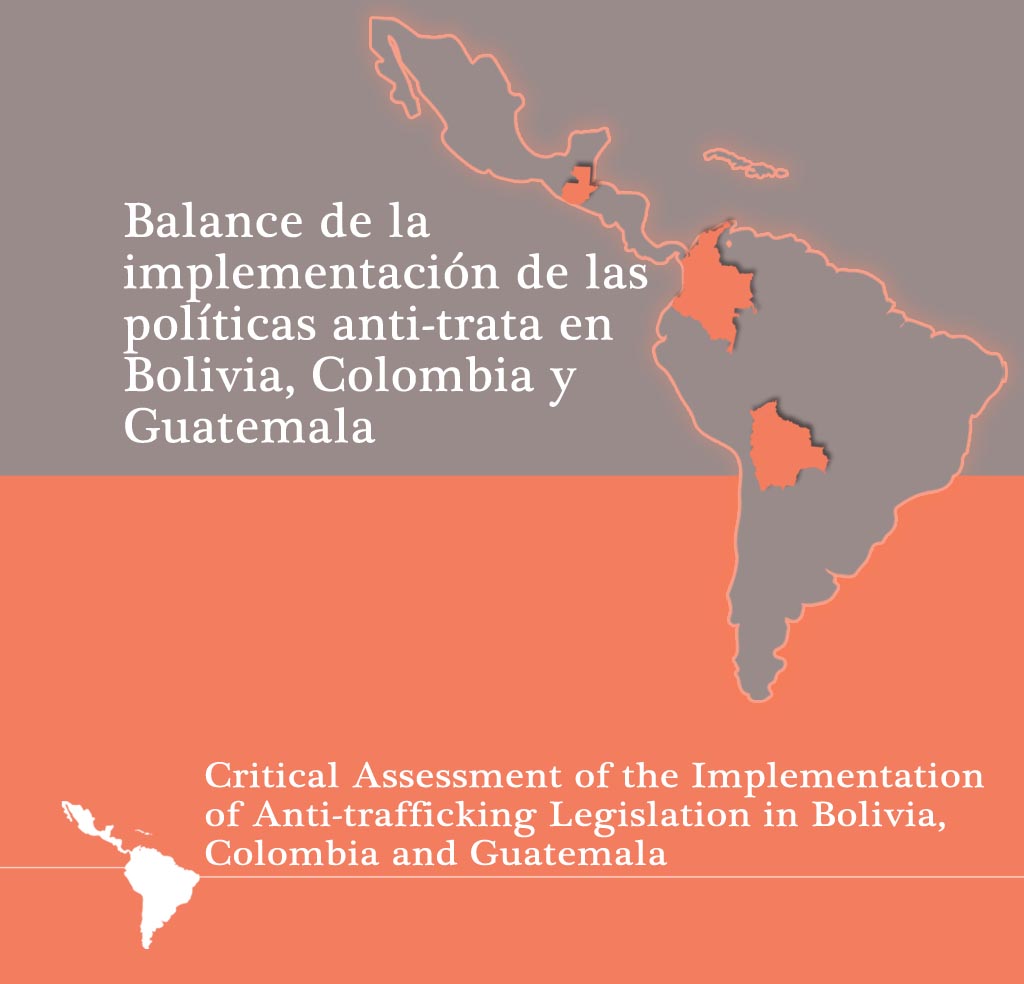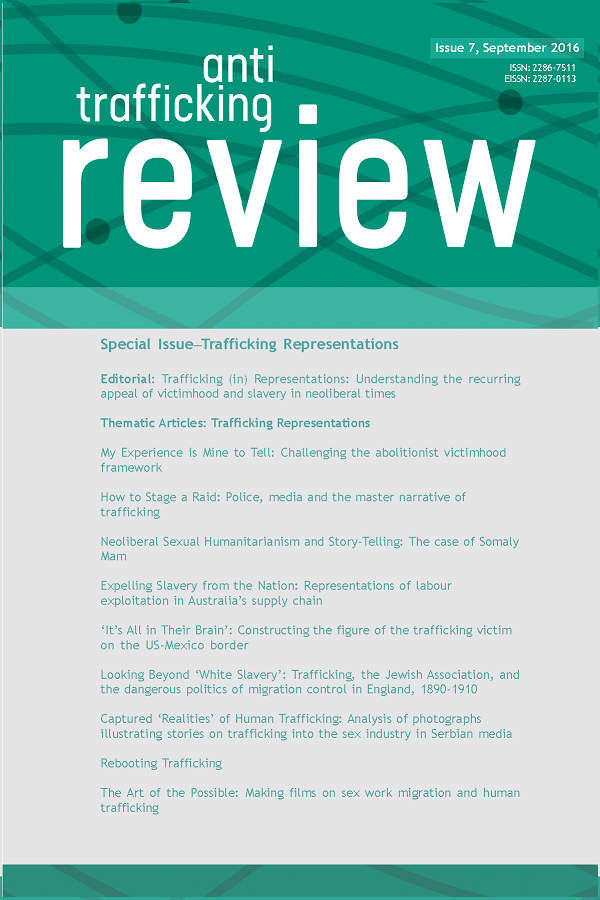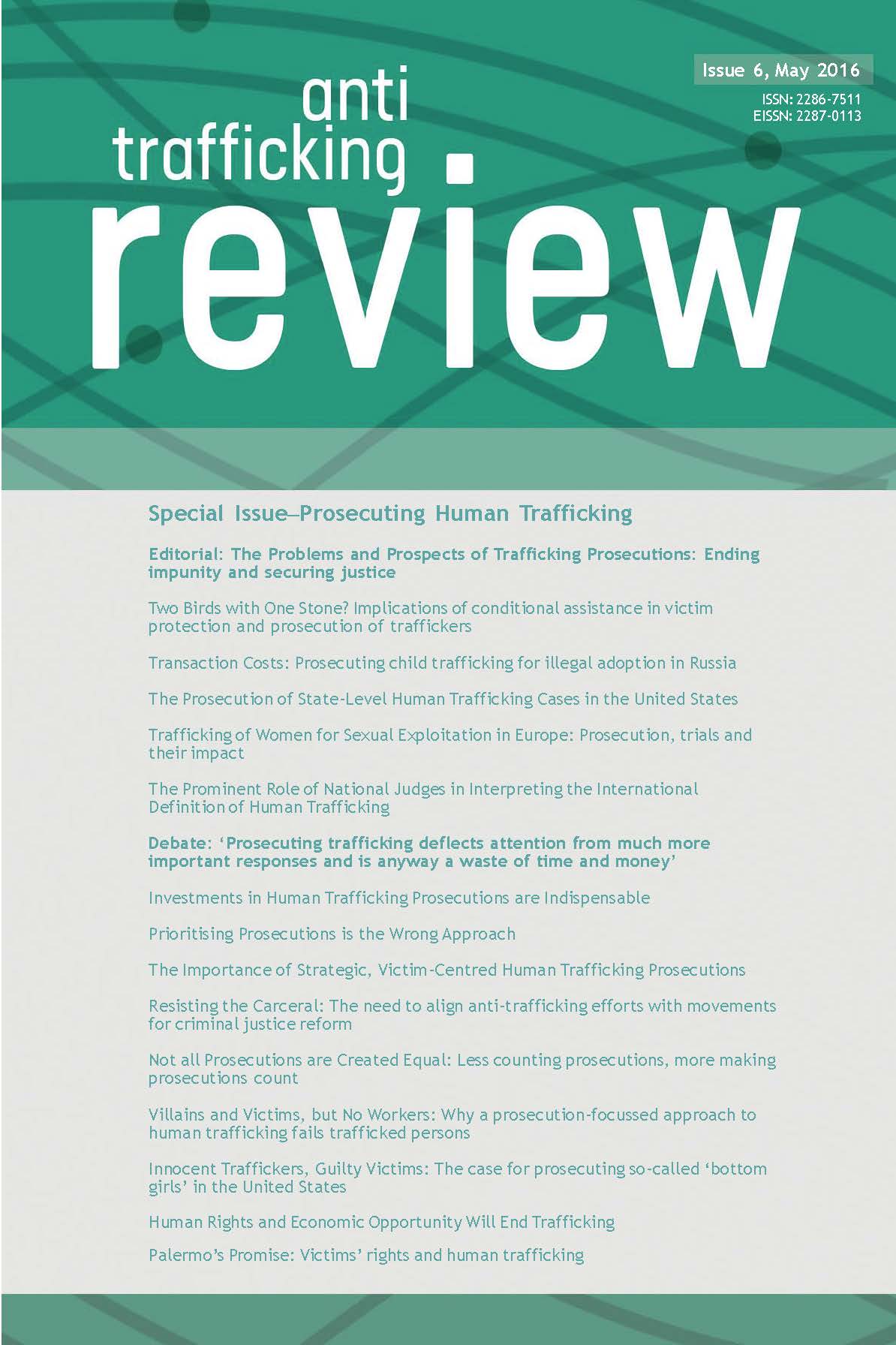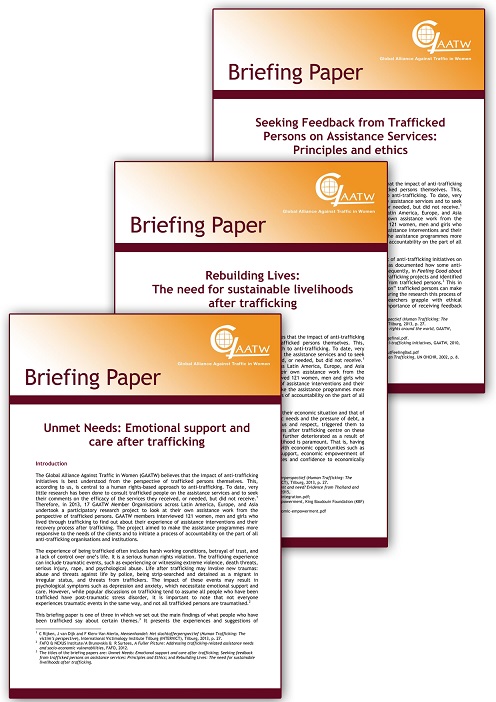E-Bulletin May 2018 - News from the International Secretariat
Knowledge-sharing forum Women, Work and Migration
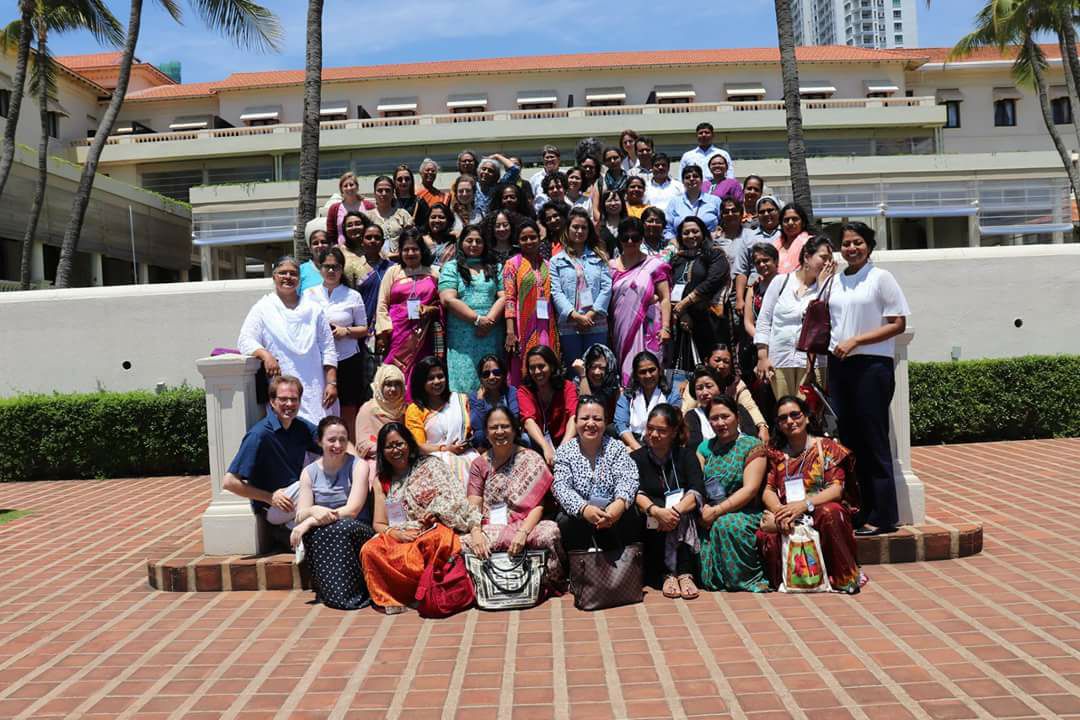 On 7-9 April, GAATW, with the support of the ILO, organised a three-day regional Knowledge-Sharing Forum on Women, Work and Migration in Colombo, Sri Lanka. Focusing on South Asia, the Forum gathered over 60 civil society activists, community workers, worker representatives, migrants groups, trade unionists, and academics to discuss the key issues surrounding women’s work across both formal and informal sectors of work, including agriculture, sex work, entertainment, domestic work, garment and manufacturing. The discussions centred on decent work, migration, gender-based violence in the workplace, and the need to build cross-sectoral solidarity between all women workers.
On 7-9 April, GAATW, with the support of the ILO, organised a three-day regional Knowledge-Sharing Forum on Women, Work and Migration in Colombo, Sri Lanka. Focusing on South Asia, the Forum gathered over 60 civil society activists, community workers, worker representatives, migrants groups, trade unionists, and academics to discuss the key issues surrounding women’s work across both formal and informal sectors of work, including agriculture, sex work, entertainment, domestic work, garment and manufacturing. The discussions centred on decent work, migration, gender-based violence in the workplace, and the need to build cross-sectoral solidarity between all women workers.
Countries of origin are disadvantaged in trying to push for the better treatment of their migrant workers abroad, when they don’t respect workers’ rights or create decent work opportunities at home. As a result of the growing informalisation of labour, women workers’ lives are increasingly dangerous, irrespective of whether they are local or migrant workers. Governments’ inability to provide decent work alternatives or adequate living wages is compelling many women to move out of their homes and countries, not by choice but because of need. However, the paternalistic attitude to women’s migration is forcing many women to opt for irregular means of migrating.
Gender-based violence is a reality for all women. Understanding gender-based violence in the workplace can be complicated in the absence of a proper or inclusive definition of ‘workplace’; participants from across different sectors – garment, domestic work, construction and sex work – shared how violence at home and violence at work conflate or overlap.
Respect and security in work are key aspects of decent work. Workers need to have a representative voice in the community they live and work in. For migrant workers in destination countries, such spaces enable women workers not only to articulate their political voices but also provide a much needed safe space to have recreation and build friendships and social networks. Trade unions, workers and women’s movements must engage with larger trade and investment agreements beyond a narrow lens of looking at the relationships of ‘women and work’ or ‘labour and work’.
In addition to the main programme, learning sessions were also held on dance movement therapy, the media reportage on women, safe and fair migration and the upcoming ILO Convention on violence and harassment in the world of work.
Sex Workers Organising for Change
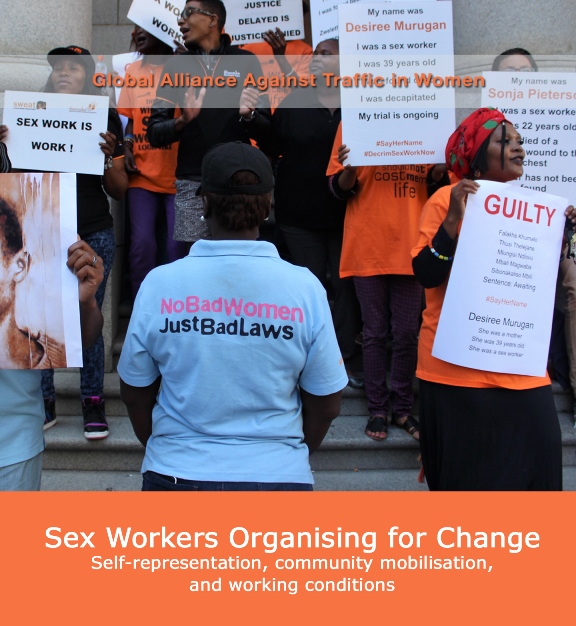 In February we published our new report ‘Sex Workers Organising for Change: Self-representation, community mobilisation, and working conditions’ based on research conducted with sex worker organisations in seven countries: Canada, Mexico, Spain, South Africa, India, Thailand and New Zealand. The report highlights the transformative effect that organising has on the lives of sex workers and their ability to protect themselves from violence, abuse and exploitation, and the creative ways in which sex worker organisations respond to the challenges that people in the industry experience. It describes cases where sex workers, or sex worker organisations, learnt of situations where a woman was experiencing violence, working under unacceptable conditions, or was brought to the industry through force or deception, for the purpose of exploitation. In these instances, sex workers resolved the issue as a collective, by providing advice and referral to other organisations, negotiating with the brothel owner/madam, chasing the pimp out of their area, or gathering money to help the woman return home.
In February we published our new report ‘Sex Workers Organising for Change: Self-representation, community mobilisation, and working conditions’ based on research conducted with sex worker organisations in seven countries: Canada, Mexico, Spain, South Africa, India, Thailand and New Zealand. The report highlights the transformative effect that organising has on the lives of sex workers and their ability to protect themselves from violence, abuse and exploitation, and the creative ways in which sex worker organisations respond to the challenges that people in the industry experience. It describes cases where sex workers, or sex worker organisations, learnt of situations where a woman was experiencing violence, working under unacceptable conditions, or was brought to the industry through force or deception, for the purpose of exploitation. In these instances, sex workers resolved the issue as a collective, by providing advice and referral to other organisations, negotiating with the brothel owner/madam, chasing the pimp out of their area, or gathering money to help the woman return home.
Ultimately, the report demonstrates that sex worker rights organisations are human rights organisations whose primary mandate is to ensure that the human, economic, social, political, and labour rights of the people they work with are recognised and respected by state and non-state actors.
We are working hard to share these lessons. In February we convened more than fifty representatives of human rights funders, sex worker rights organisations and anti-trafficking organisations. Over the course of two days, participants discussed the main issues that affect sex workers and ways in which donors can support sex worker rights organisations and rights-based approaches to trafficking in the sex industry. We hope that this meeting will make some progress towards increasing funding for sex workers rights.
In March, GAATW, together with Ntokozo Yingwana from the University of the Witwatersrand and SWEAT in South Africa, and Meena Seshu and Aarthi Pai from SANGRAM, India, presented the report and the experience of SWEAT and SANGRAM, at a meeting of donors in New York, organised by the American Jewish World Service and NEO Philanthropy. Later in the same week we also presented the report at a parallel event during the 62nd session of CSW. And in April Chus Álvarez from GAATW presented the report at several events in Mexico, organised by our Mexican member Brigada Callejera, and Borislav Gerasimov presented it at an event in Wellington organised by the New Zealand Prostitutes Collective.
We hope that this report will lead to a new approach to addressing human trafficking in the sex industry—one that is based not on criminalisation and indiscriminate “raids and rescues” but on meaningful engagement with those in the industry themselves.
Anti-Trafficking Review, issue 10 ‘Life after Trafficking’
Media, policymakers and NGOs typically focus on the horrors of life in trafficking and ‘rescuing’ trafficked persons, but much less attention is paid to life after trafficking. The new issue of the Anti-Trafficking Review documents the challenges that people face after exiting situations labelled as trafficking, as well as those whose exploitation garnered no legal protections or service provision.
It introduces cases of life after trafficking in countries with robust anti-trafficking legal and care regimes, as well as in countries that offer little or no assistance. Contributions from a diverse range of countries: India, Thailand, Azerbaijan, the United States, Bangladesh, Indonesia, Denmark, United Kingdom and Switzerland highlight the lack of appropriate and comprehensive support for survivors after trafficking, as they struggle with family reunification, legal recognition and compensation, and long-term assistance. However, this issue also shows that ultimately, by taking back control of one’s life, and tending to ordinary tasks and chores of resettlement, formerly trafficked persons move beyond the extraordinary cruelty of exploitation.
Questioning ‘safe’ and ‘fair’ migration from a feminist perspective - A methodology workshop
 An exciting journey of our new Feminist Participatory Action Research (FPAR) has just begun with our partners across South, Southeast and West Asia. In February, 19 researchers from Bangladesh, Cambodia, India, Indonesia, Jordan, Kuwait, Lebanon, Nepal, and Thailand gathered in Bangkok to commence our joint research on ‘Safe and Fair Migration: A Feminist perspective on women’s rights to mobility and work’. It was an opportunity to clarify some of the concepts around ‘safe’ and ‘fair’ migration reflecting the partners’ engagement with migrant communities and to find linkages how it impacts women migrant workers. The workshop also provided an opportunity to learn about the principles of using FPAR as a framework, an approach, and a methodology that GAATW has been employing since the very beginning of our history. Researchers shared their own areas of concern which helped them gain a deeper understanding of the issues that other sub-regions, movements, and constituencies face. The researchers represented diverse sectors and constituencies such as domestic workers, garment workers, trade union, women working in the entertainment sector, and returnee migrants. Starting with this workshop, researchers will embark on their journey to investigate and document migrant women’s voices and lived experiences on safe and fair migration for the next 18 months.
An exciting journey of our new Feminist Participatory Action Research (FPAR) has just begun with our partners across South, Southeast and West Asia. In February, 19 researchers from Bangladesh, Cambodia, India, Indonesia, Jordan, Kuwait, Lebanon, Nepal, and Thailand gathered in Bangkok to commence our joint research on ‘Safe and Fair Migration: A Feminist perspective on women’s rights to mobility and work’. It was an opportunity to clarify some of the concepts around ‘safe’ and ‘fair’ migration reflecting the partners’ engagement with migrant communities and to find linkages how it impacts women migrant workers. The workshop also provided an opportunity to learn about the principles of using FPAR as a framework, an approach, and a methodology that GAATW has been employing since the very beginning of our history. Researchers shared their own areas of concern which helped them gain a deeper understanding of the issues that other sub-regions, movements, and constituencies face. The researchers represented diverse sectors and constituencies such as domestic workers, garment workers, trade union, women working in the entertainment sector, and returnee migrants. Starting with this workshop, researchers will embark on their journey to investigate and document migrant women’s voices and lived experiences on safe and fair migration for the next 18 months.



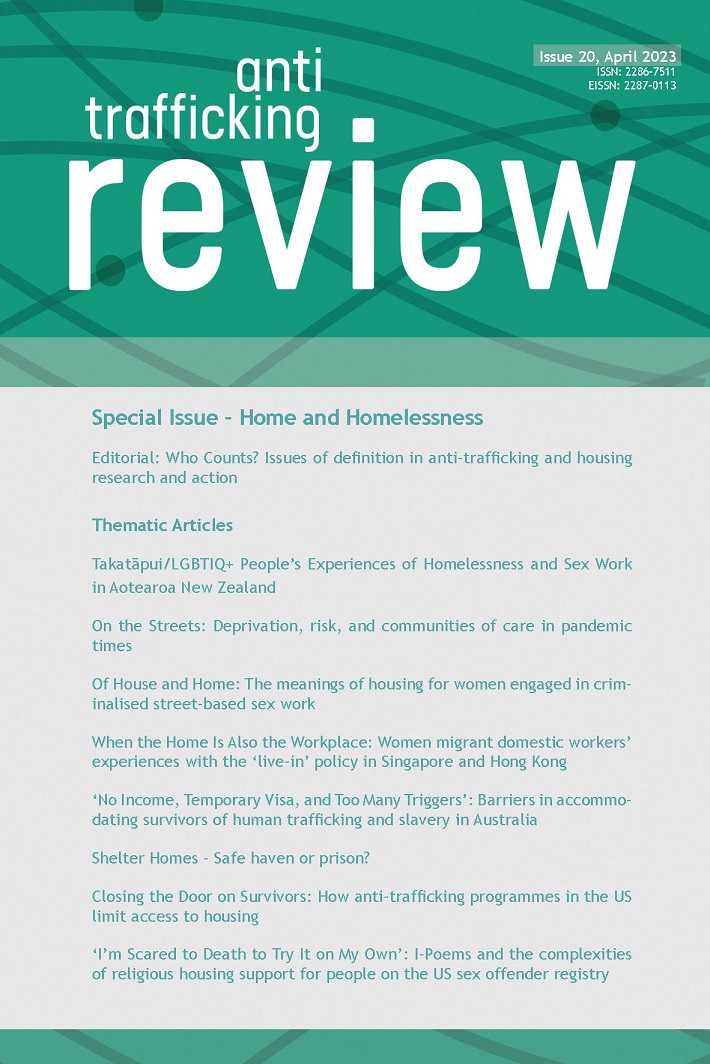
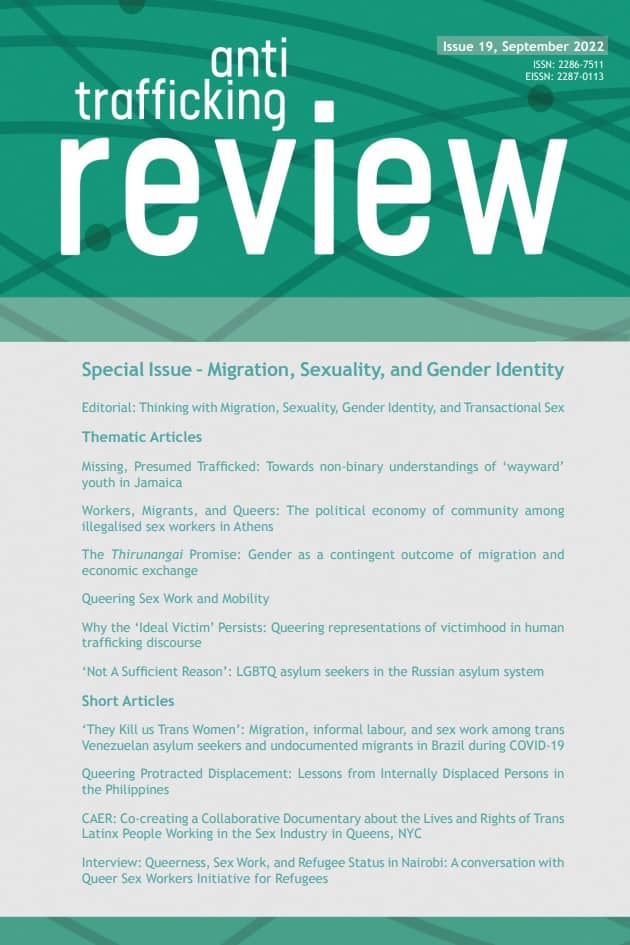
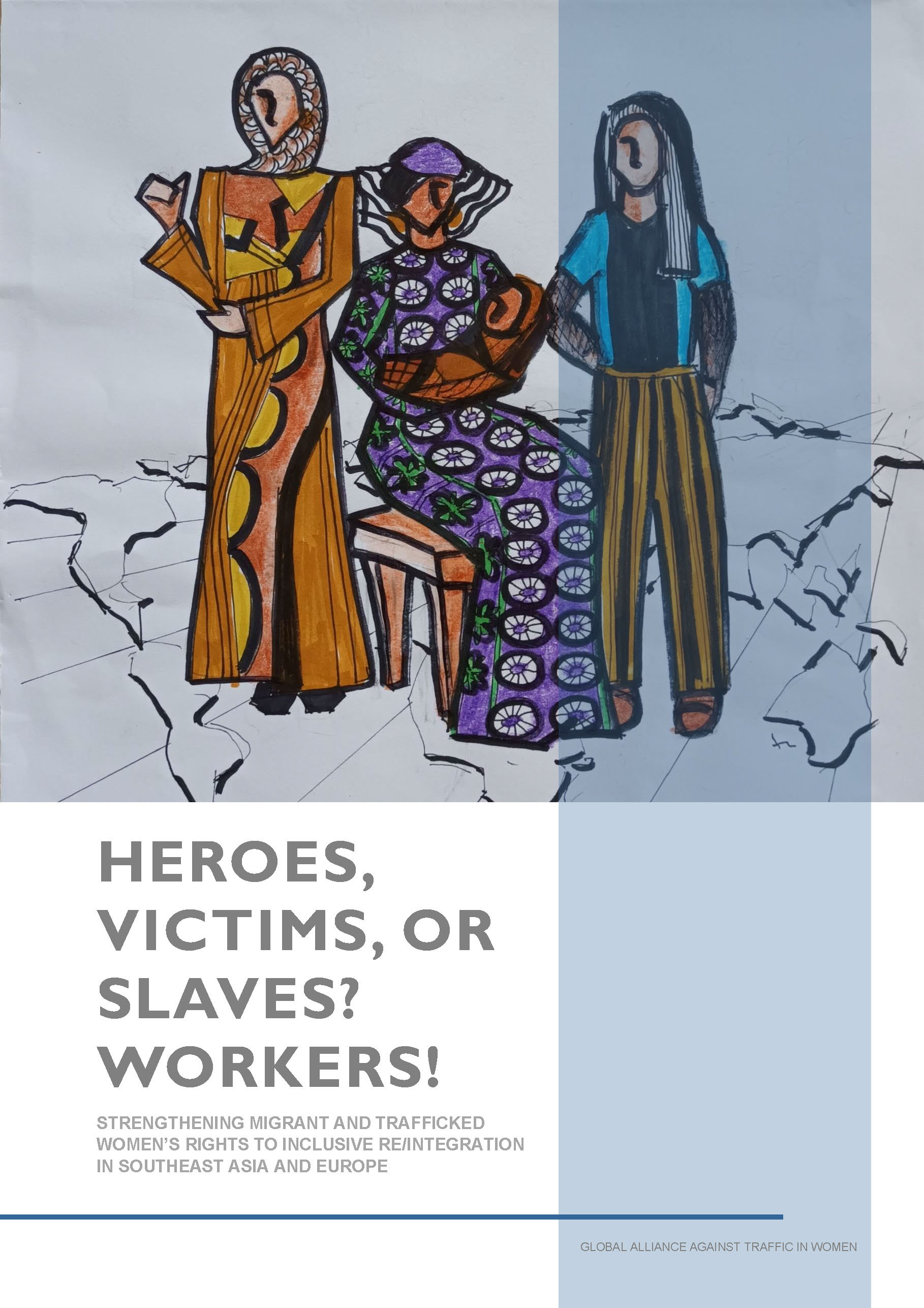
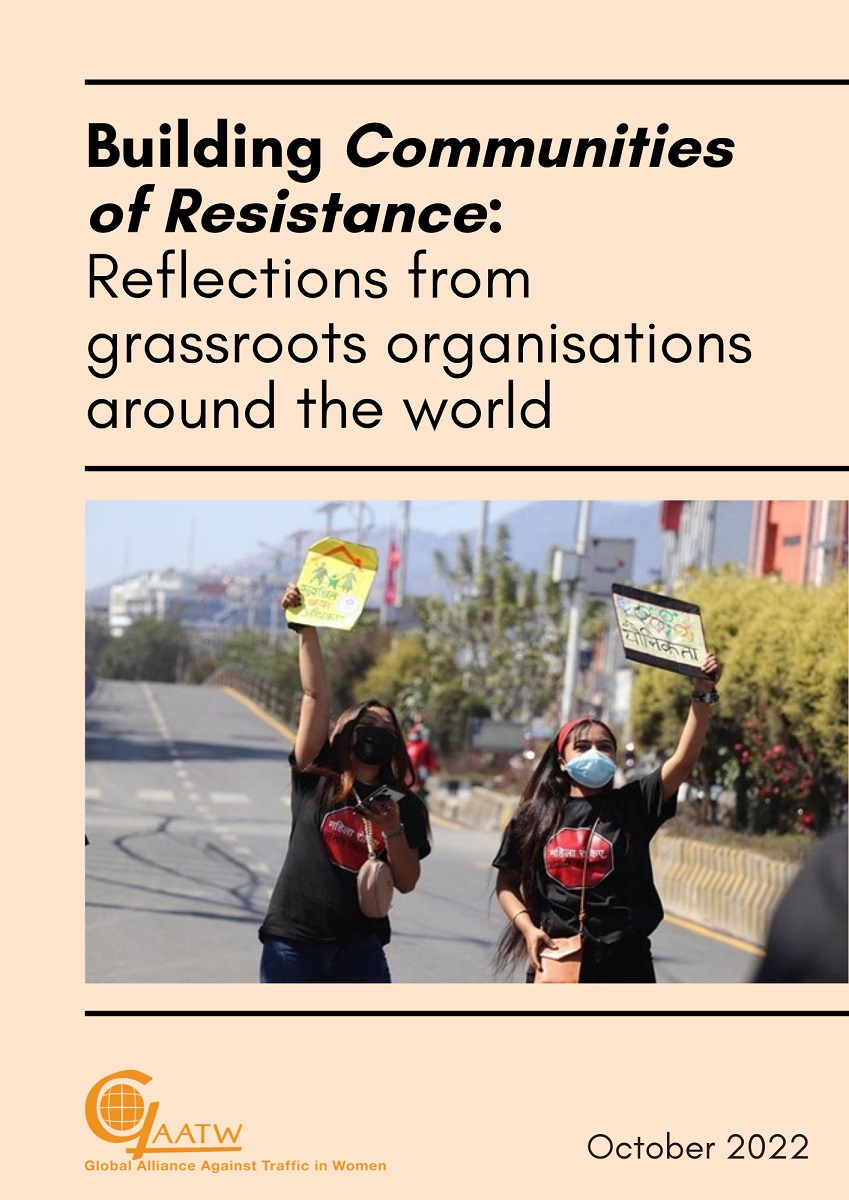
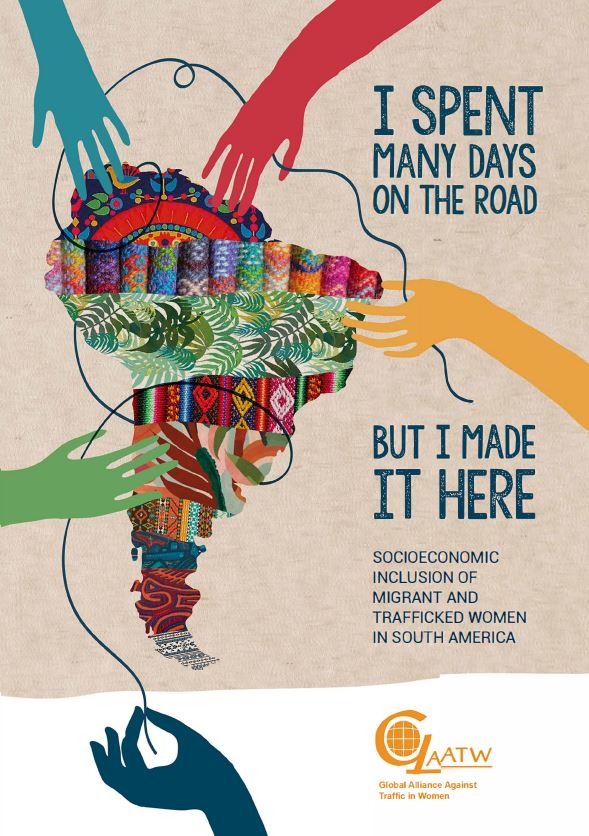
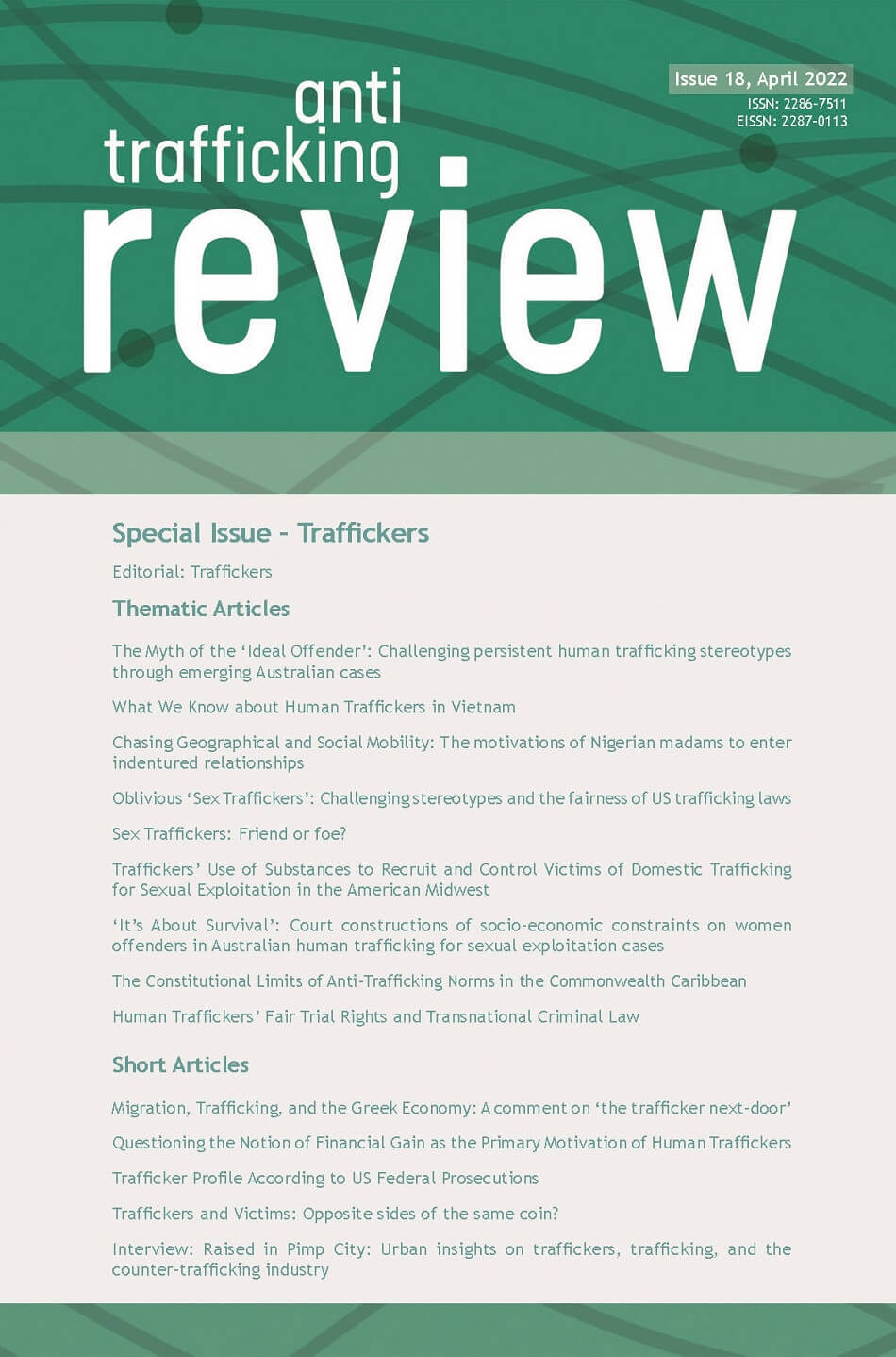
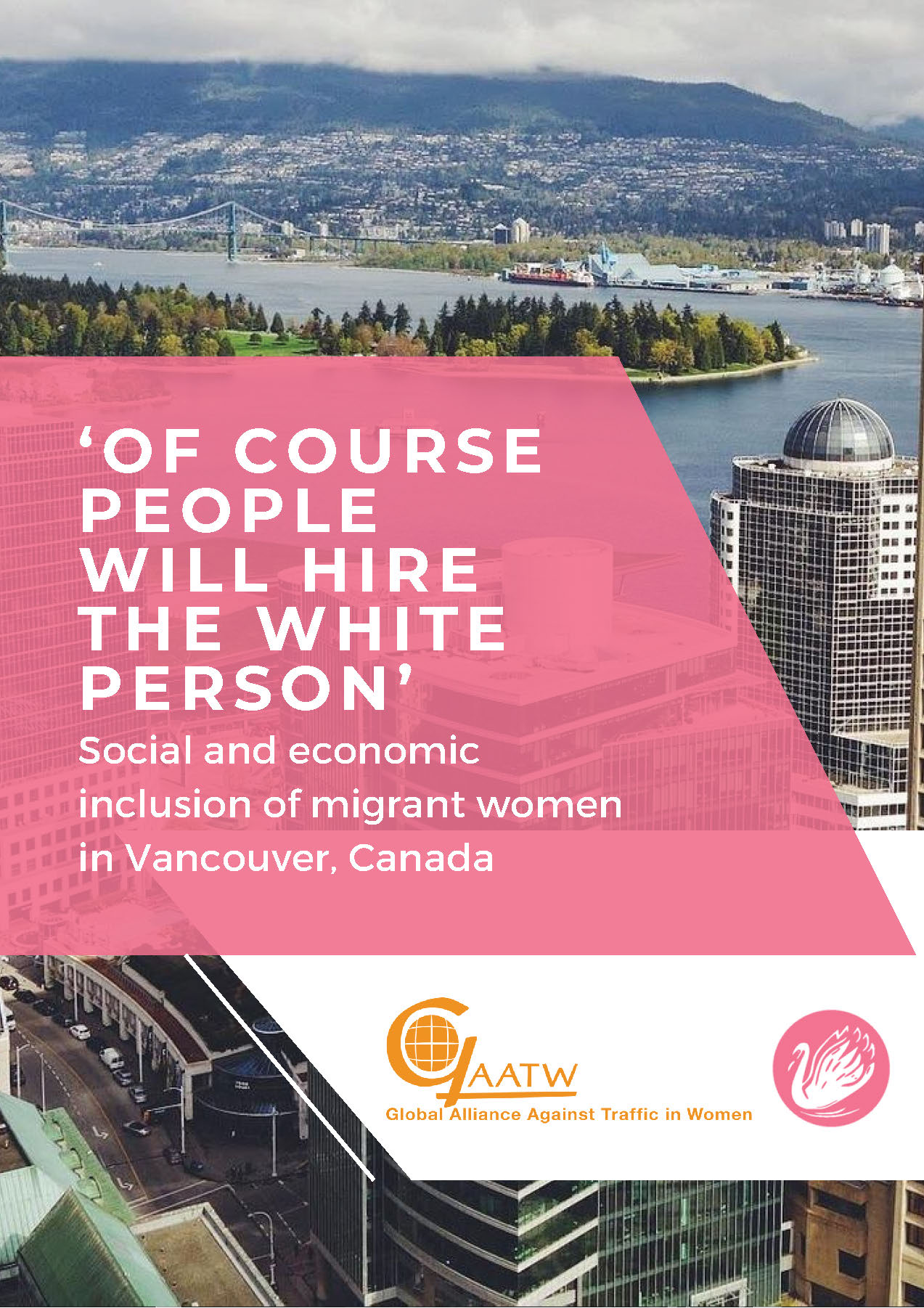
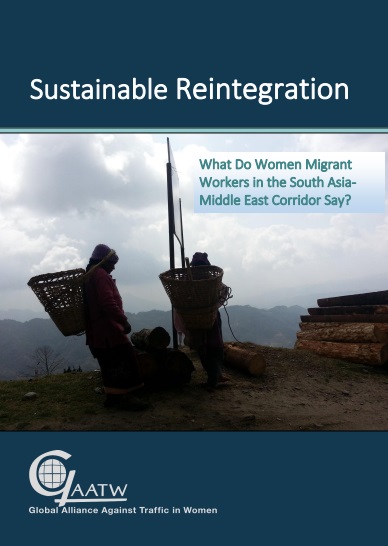
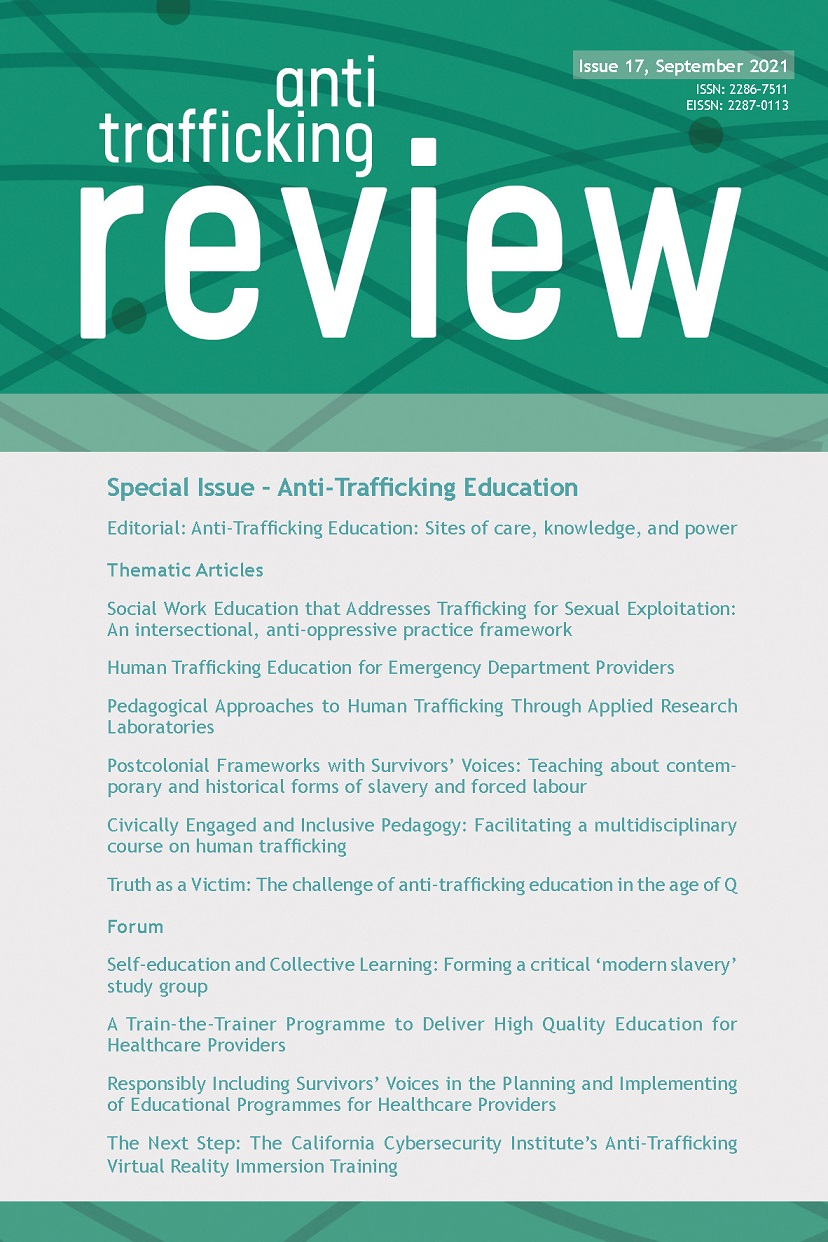
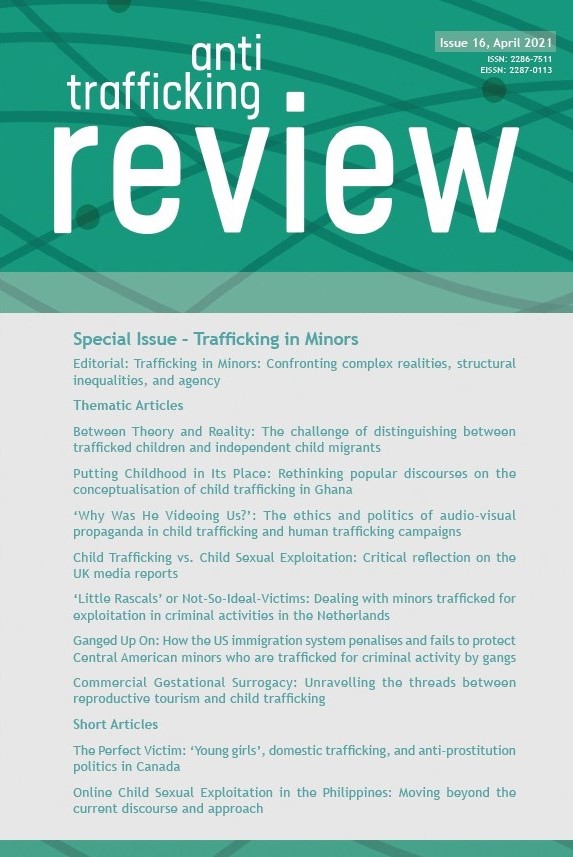
.pdf - Adobe Acrobat Pro 2_8_2021 4_36_32 PM.png)
